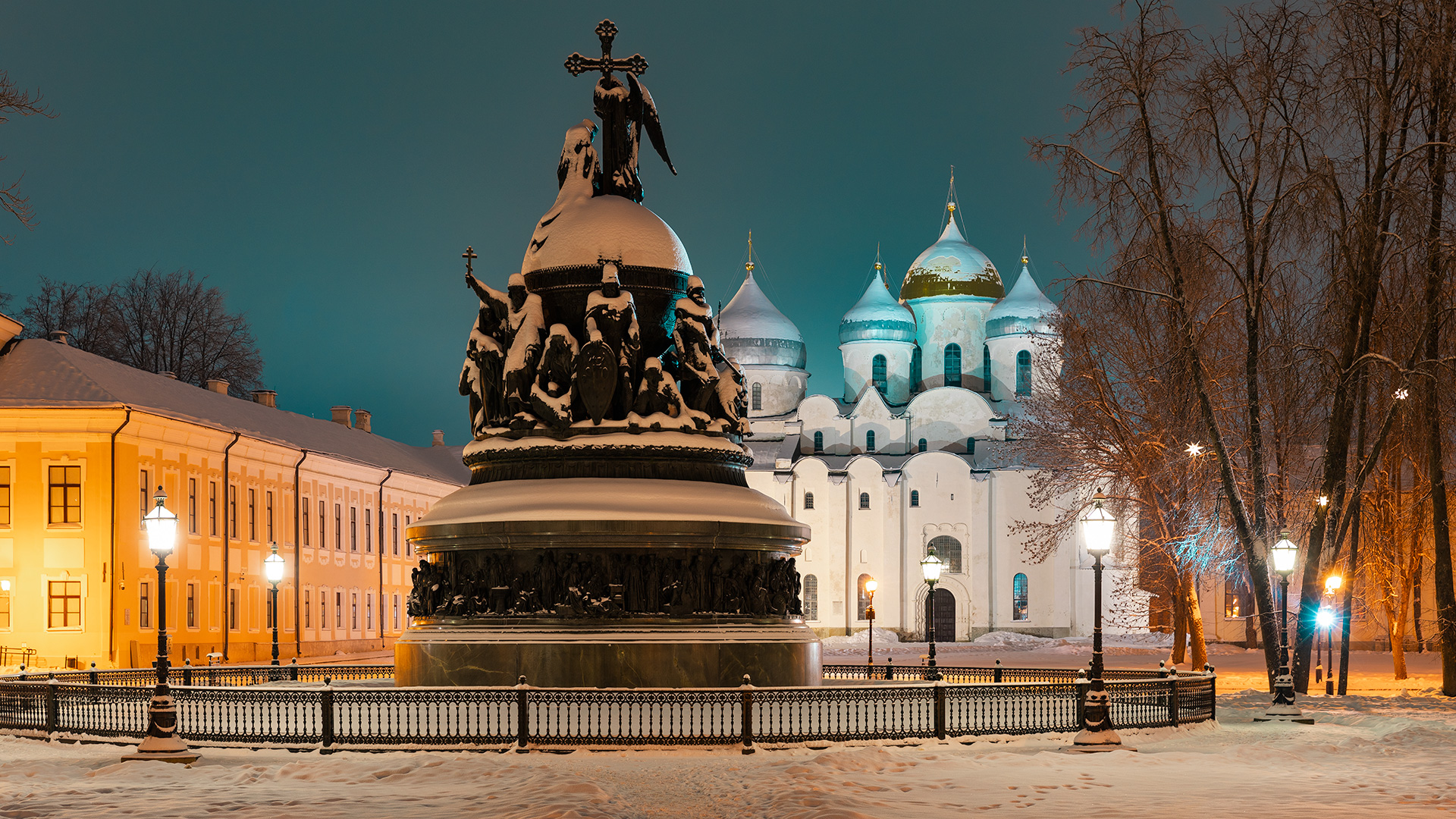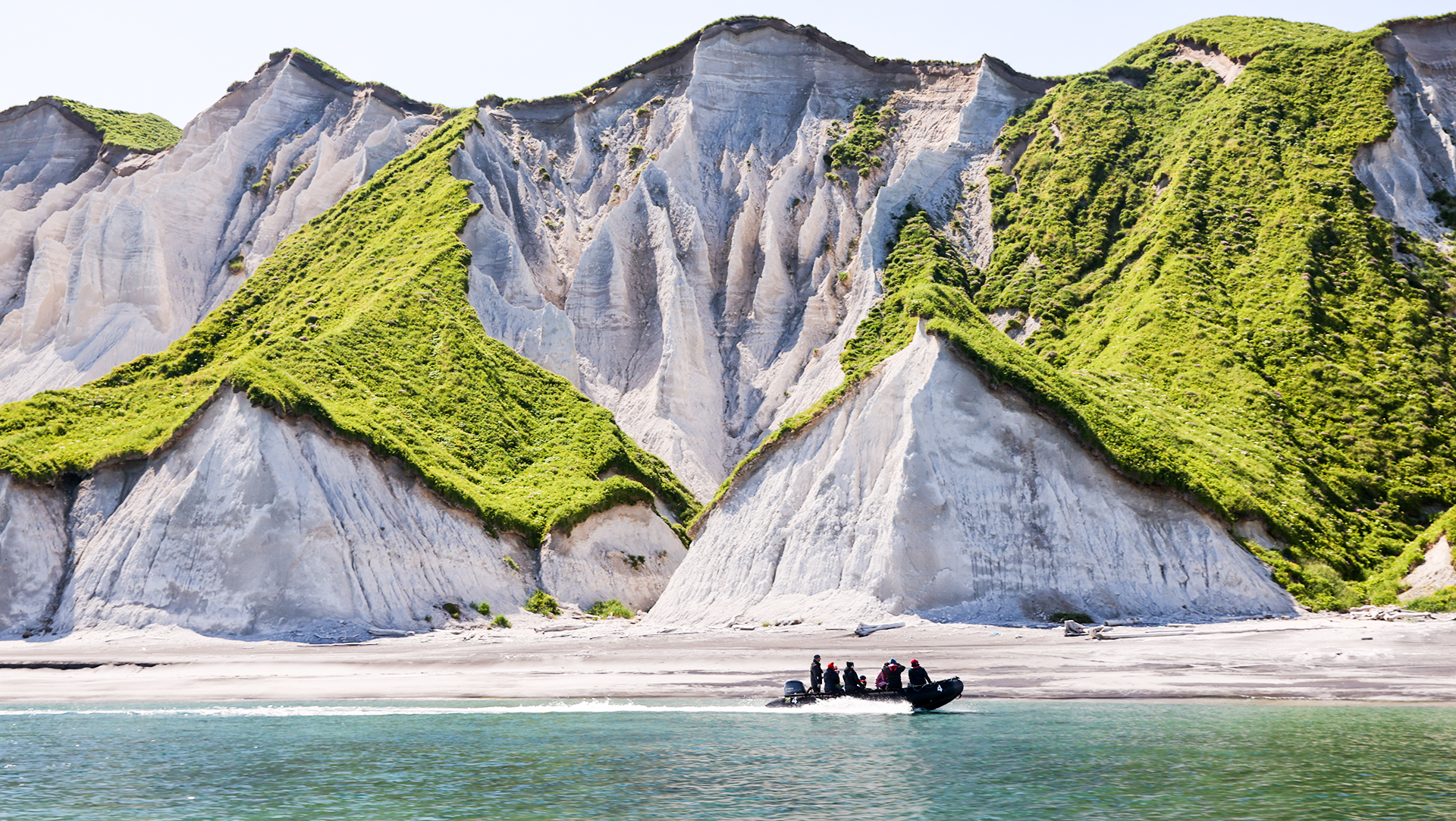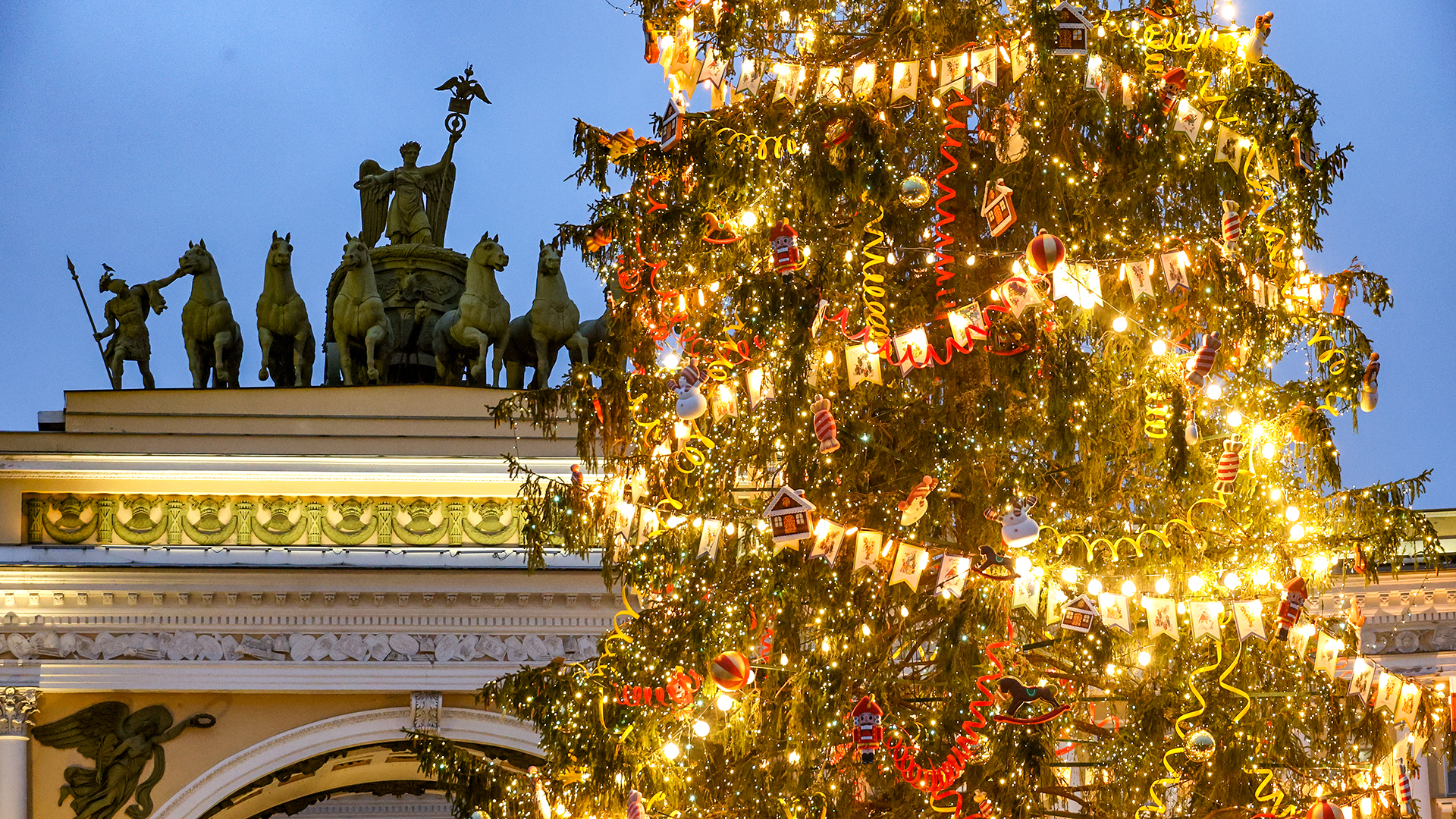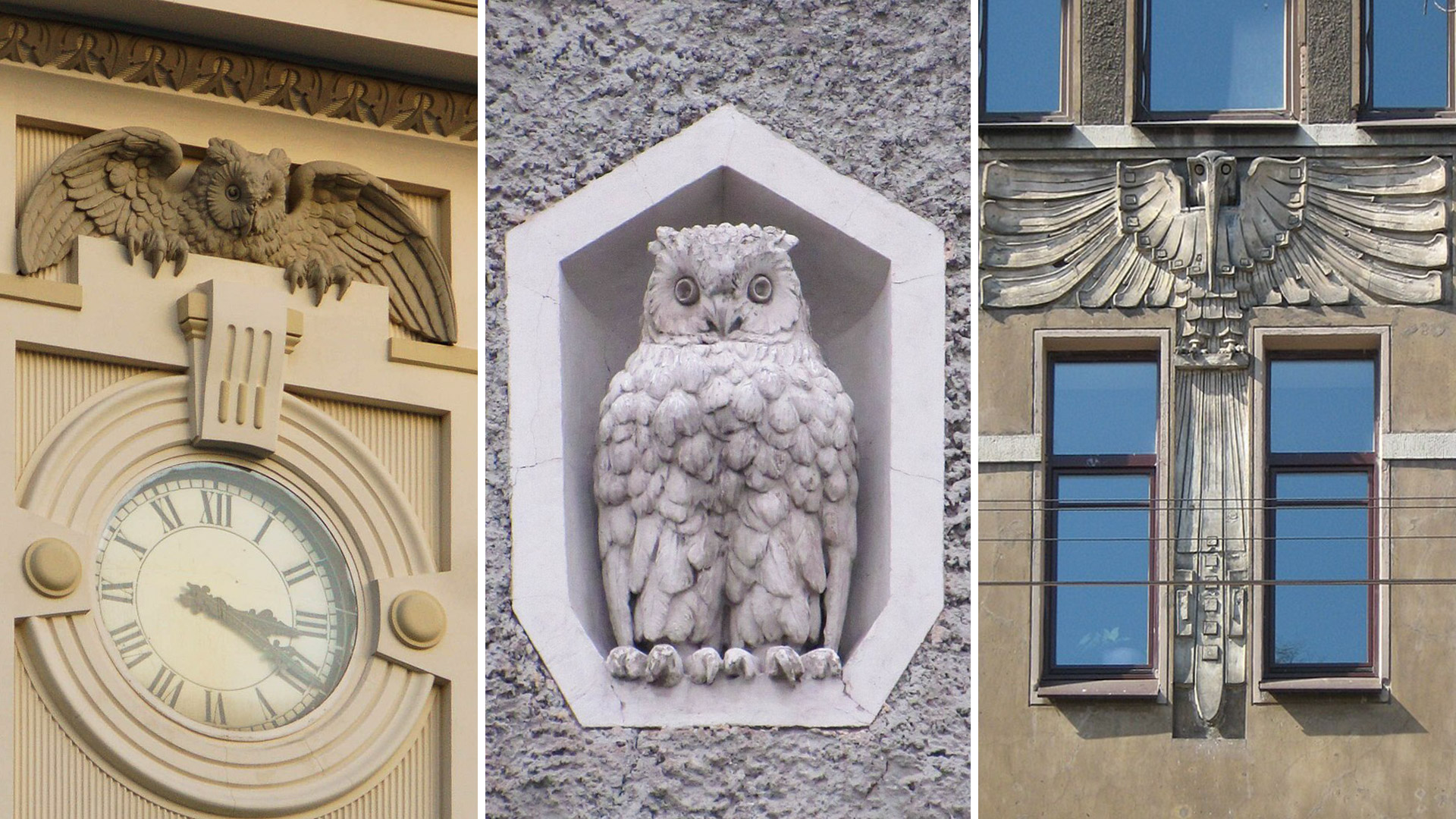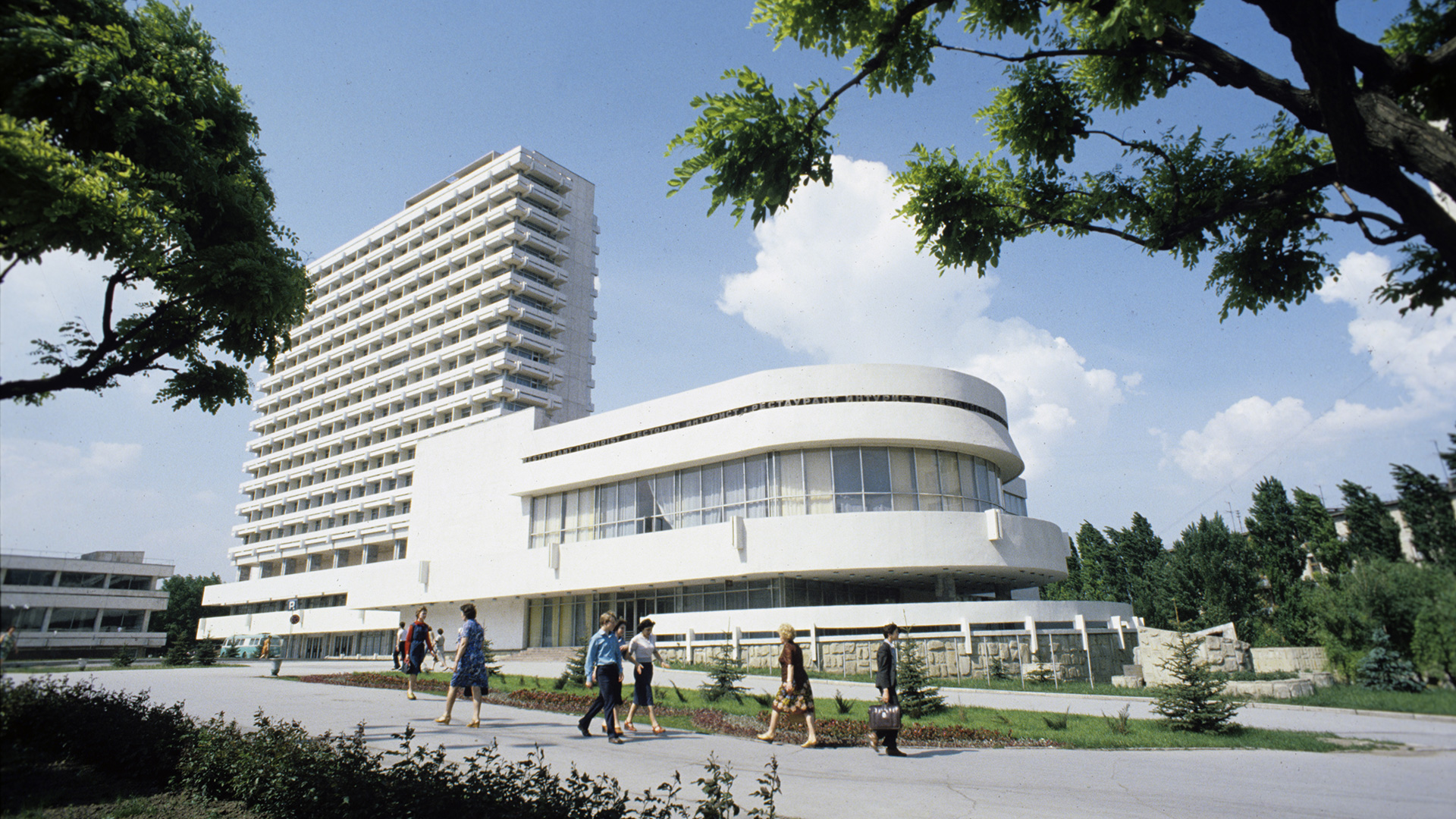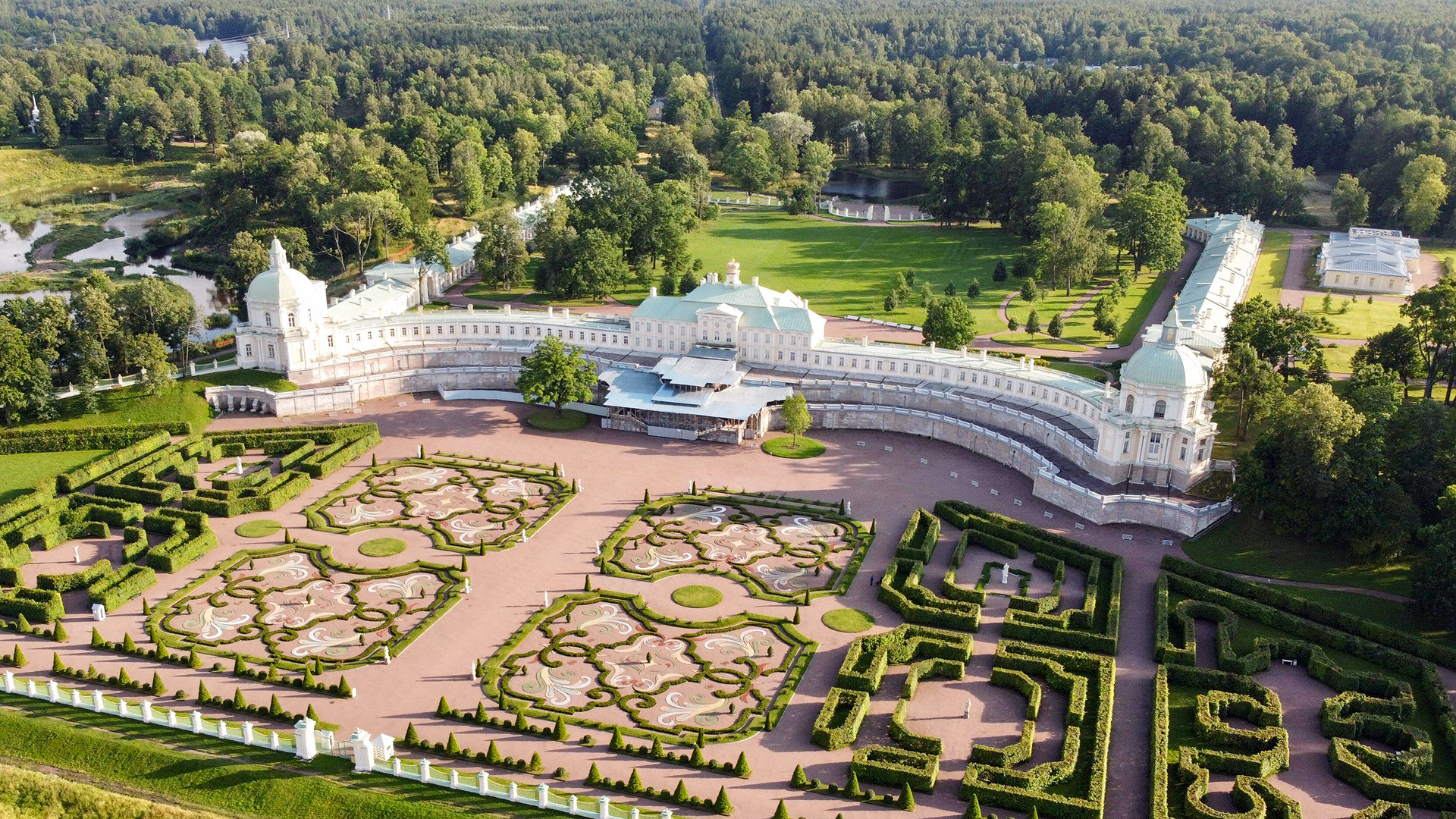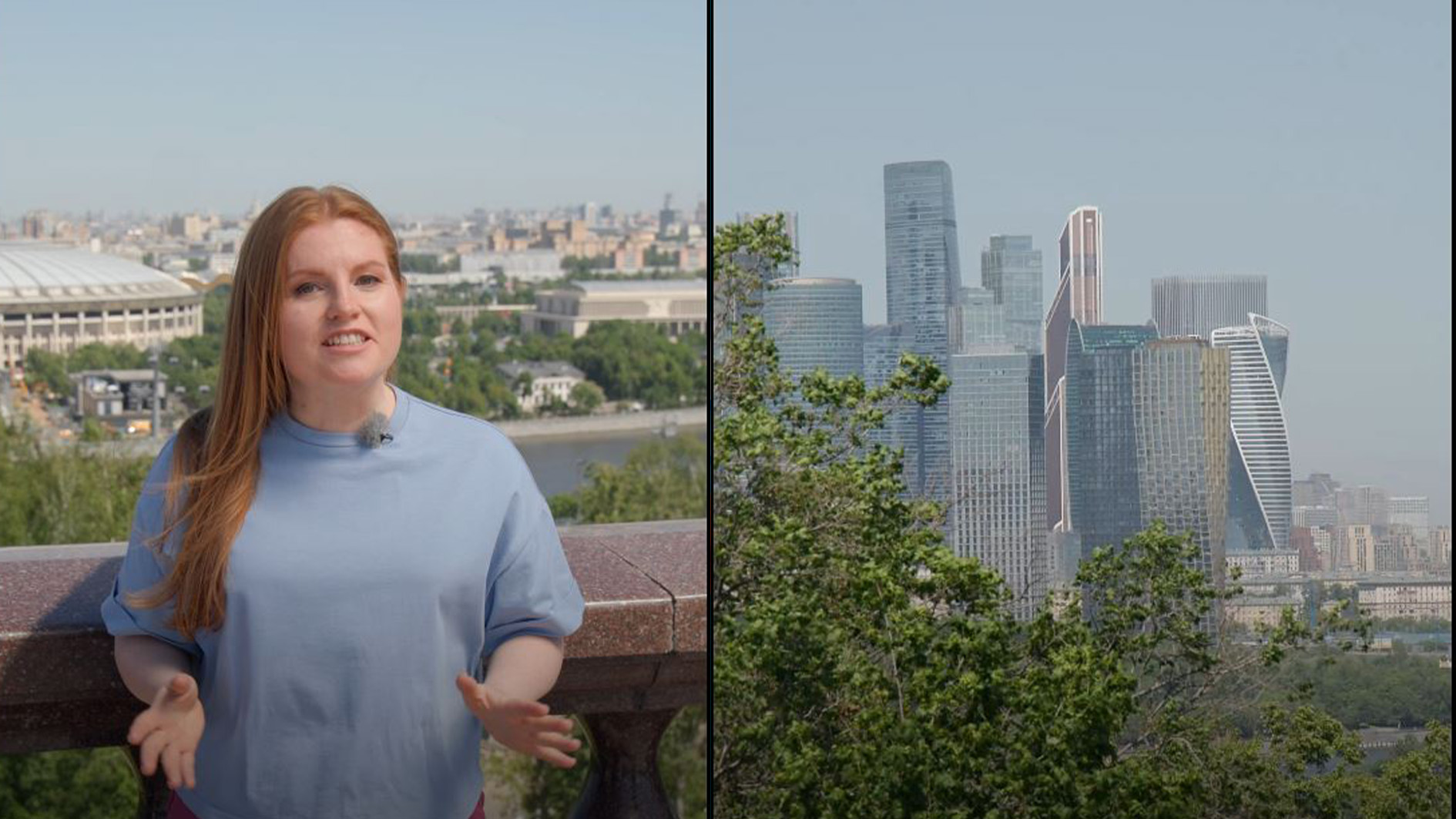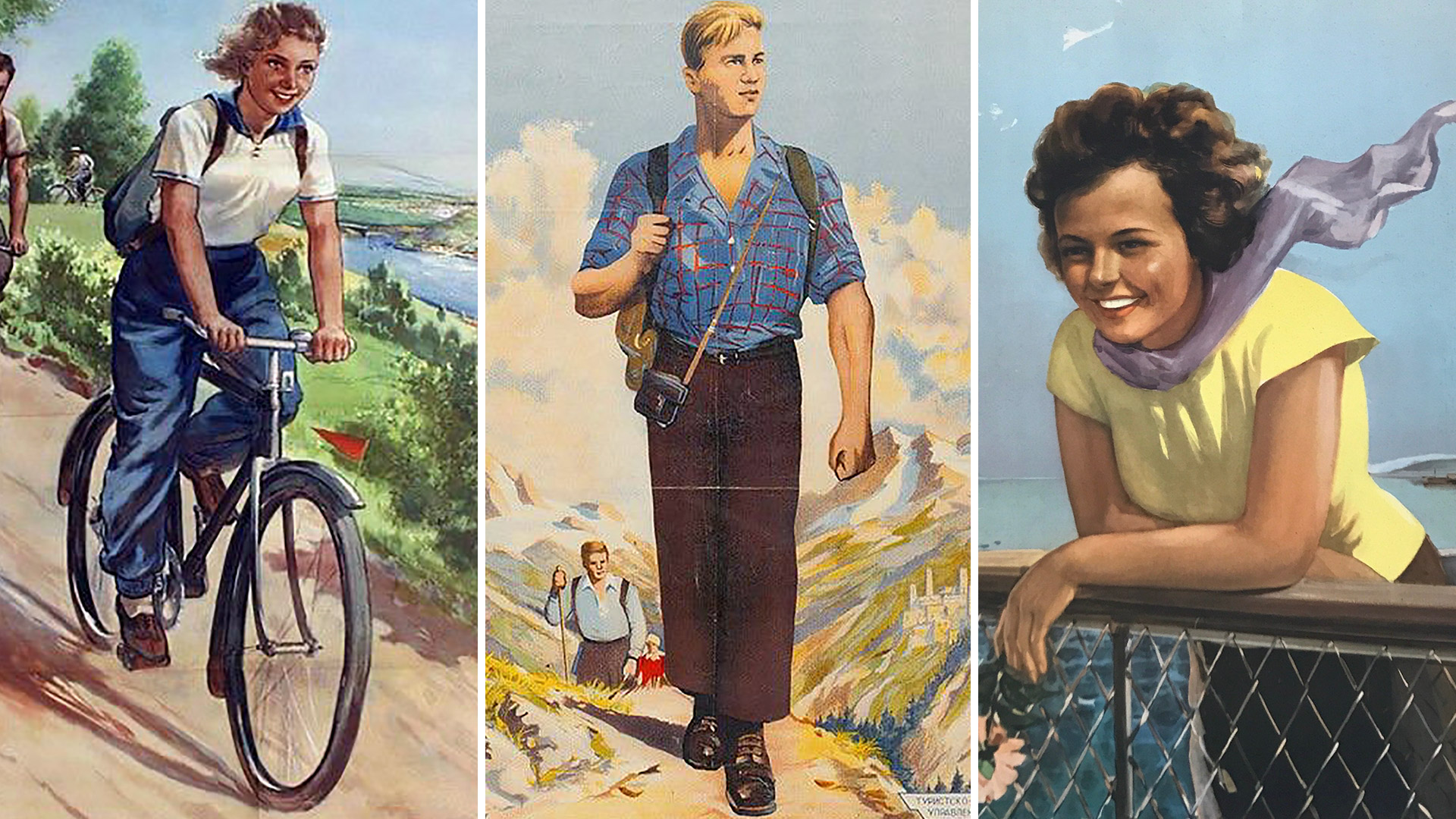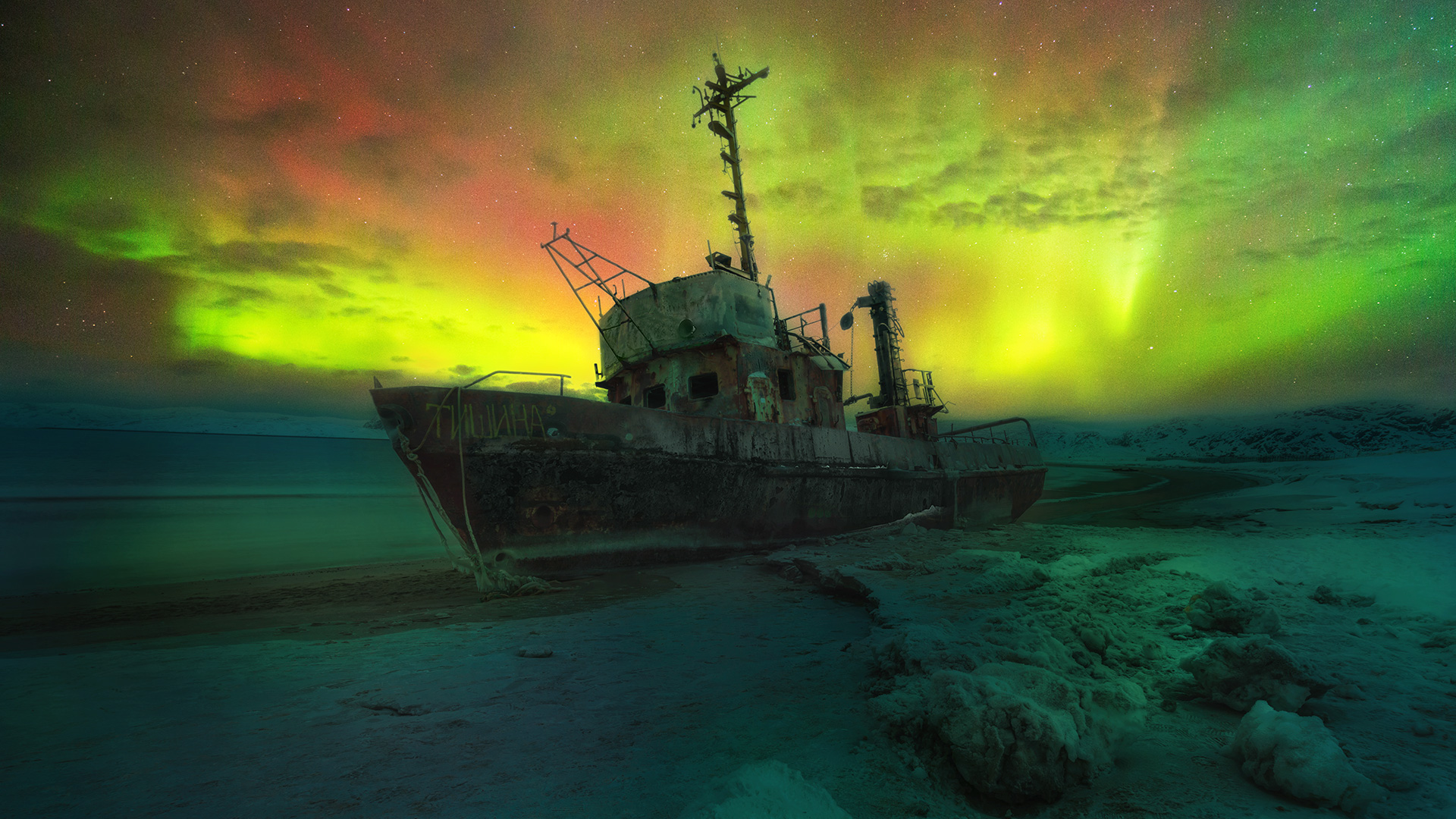
9 unusual (& strange) train station names in Russia (PHOTOS)
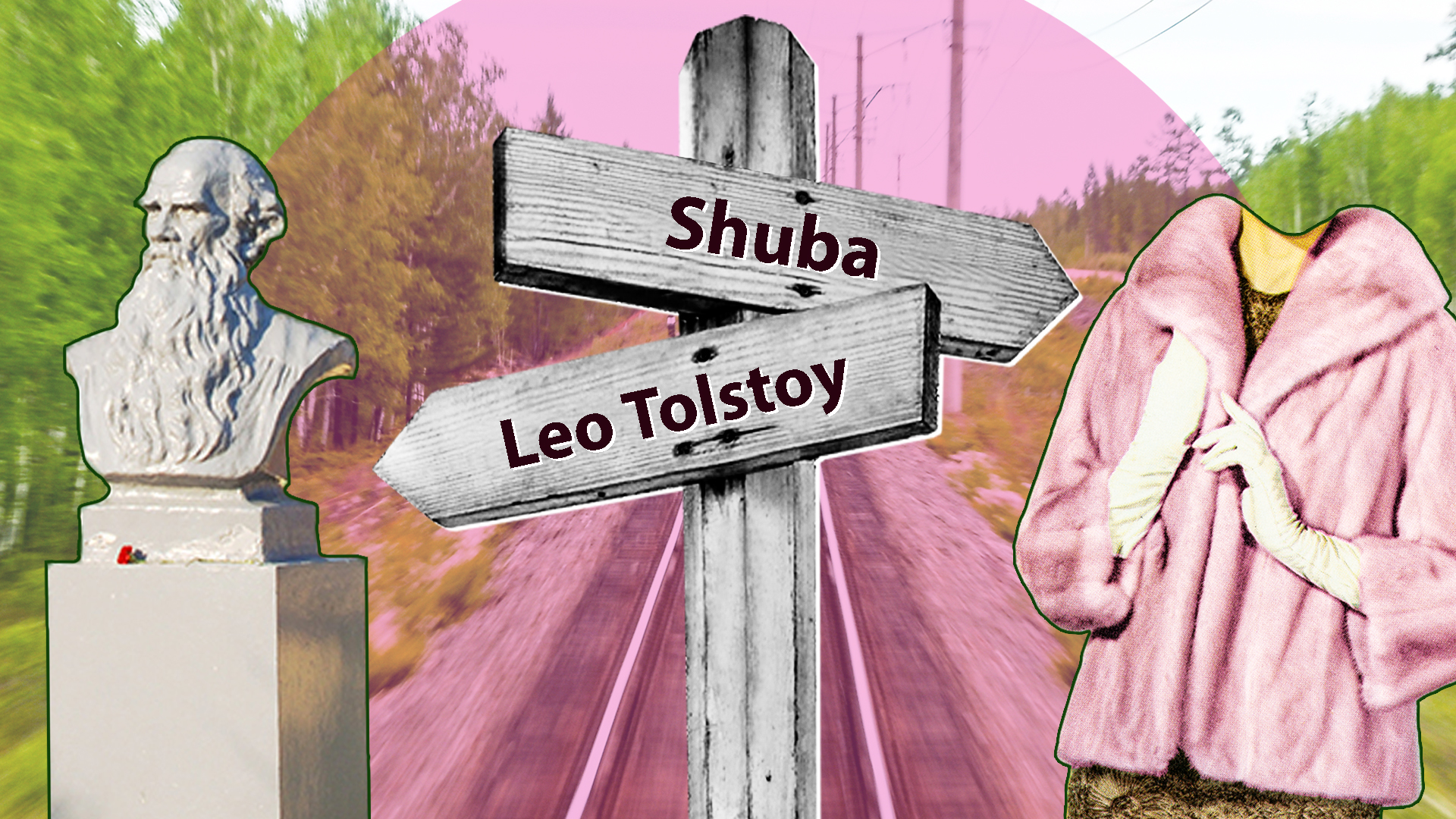
1. 'Moskovskoe More' ('Moscow Sea', Tver Region)
 Moskovskoe More station
Moskovskoe More station
If you look at a map, you won't find any sea near Moscow. So, where did the station’s name come from? It’s located near the large Ivankovo Reservoir: its length is about 30 km and its width reaches 5 km. That’s why people nicknamed it 'Moscow Sea'. And that is how authorities decided to name the station.
2. 'Obskoe More' ('Sea of Ob', Novosibirsk Region)
 Obskoe More station
Obskoe More station
This station is situated on the outskirts of Novosibirsk and has a similar story. This is what locals call the Novosibirsk Reservoir on the Ob River, which stretches 200 kilometers to Altai Territory.
3. 'Los' ('Elk', Moscow)
 Los station
Los station
In the east of Moscow, you can find a station platform with the name ‘Los’. It was built in 1929 near the town of Losinoostrovsk (now it is Losinoostrovsky District of Moscow), which was named after the ‘Losiny Ostrov’ (‘Elk Island’) national park. This is the largest forest area in Moscow and elks really live there.
4. 'Lev Tolstoy' ('Leo Tolstoy', Lipetsk Region)
 Leo Tolstoy station
Leo Tolstoy station
In 1910, writer Leo Tolstoy spent his last days at this station (then called ‘Astapovo’). During his journey, he caught a cold, got off the train there and spent several days in the station manager’s apartment, where he subsequently died.
In memory of the classic Russian writer, the apartment retained all its furnishings, the station was renamed in his honor and the clock on the platform always shows the time of his death. In 1946, a museum was opened at the station.
5. 'Lyalya' (Sverdlovsk Region)
 Lyalya station
Lyalya station
The station (like the town of Novaya Lyalya) got its name from the local river. In the Mansi language, it means ‘opponent’ or ‘enemy’. And yet it sounds so cute!
6. 'Shuba' ('Fur Coat', Irkutsk Region).
 Shuba station
Shuba station
The locals joke: “Nyura, buy a fur coat, winter is coming soon.” The three words here are the names of the railroad stations: 'Nyura' (a Russian pet name for 'Anna'), 'Shuba' (a 'Fur Coat') and 'Zima' ('Winter'). The word ‘shuba’ here does not refer to a fur coat. The word is translated as ‘water’ or ‘aspen’ from the Samoyedic tribe languages.
7. 'Panki' ('Punks', Moscow Region)
 Panki station
Panki station
On the outskirts of the city of Lyubertsy, there is a station with the bizarre name ‘Panki’. Previously, there was a village of the same name on this site, which became part of the city. ‘Panki’ are “petty lords”, a community of people close to the royal court, who kept to themselves in the village. They were simply nicknamed ‘panki’ by the locals.
8. 'Dno' ('Bottom', Pskov Region)
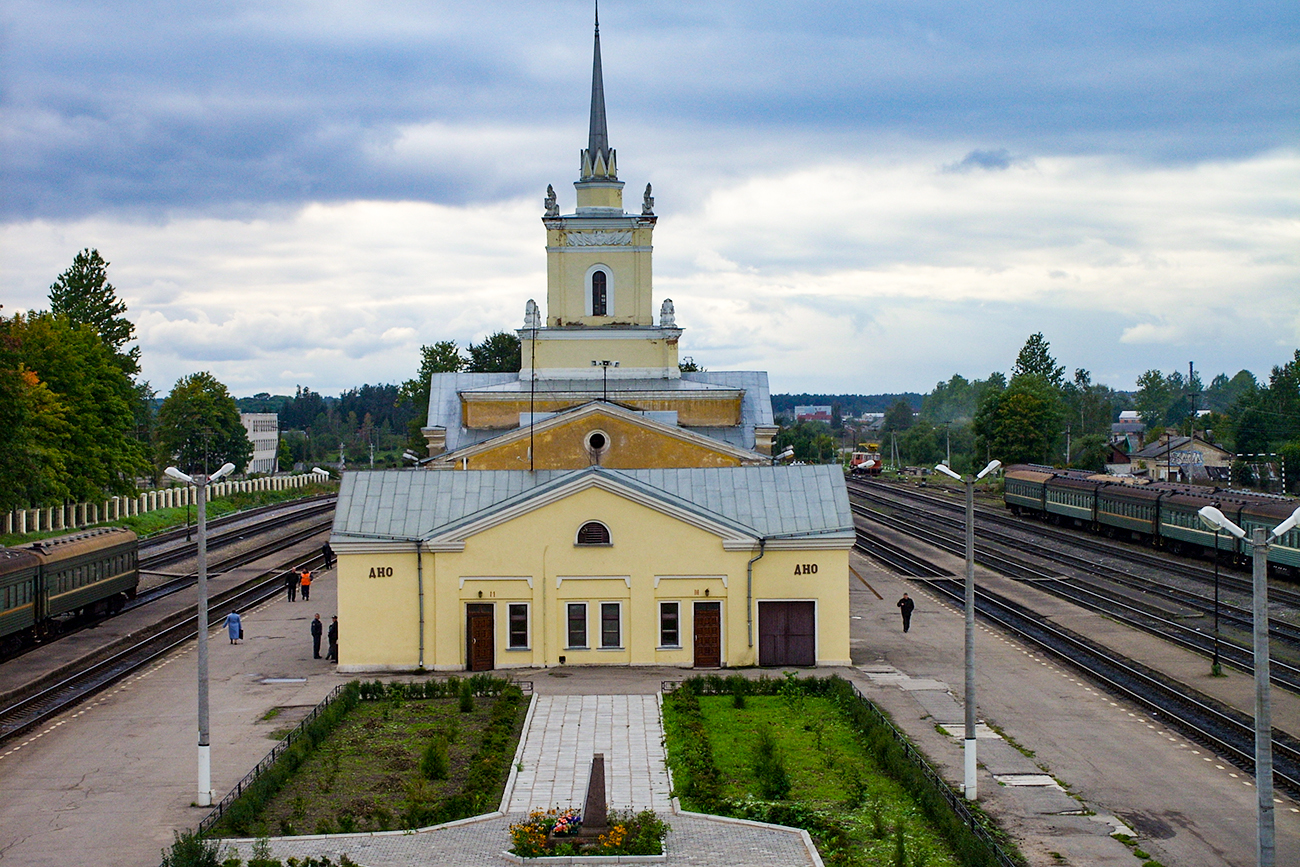 Dno station
Dno station
This station is located in the town of Dno in western Russia. In the old days, ‘dno’ simply meant ‘lowland’ – and the place is, indeed, located near a swampy, marshy area.
9. 'Yerofey Pavlovich' (Amur Region)
 Yerofei Pavlovich station
Yerofei Pavlovich station
This station on the Trans-Siberian Railway was named after Russian discoverer Yerofei Khabarov, who explored Eastern Siberia and the Far East. The city of Khabarovsk is also named in his honor.
BONUS: Did you know that there is a town called 'Zima' in Siberia and 'Afrikanda' above the Arctic Circle? Check out some unusual names of Russian settlements next!



